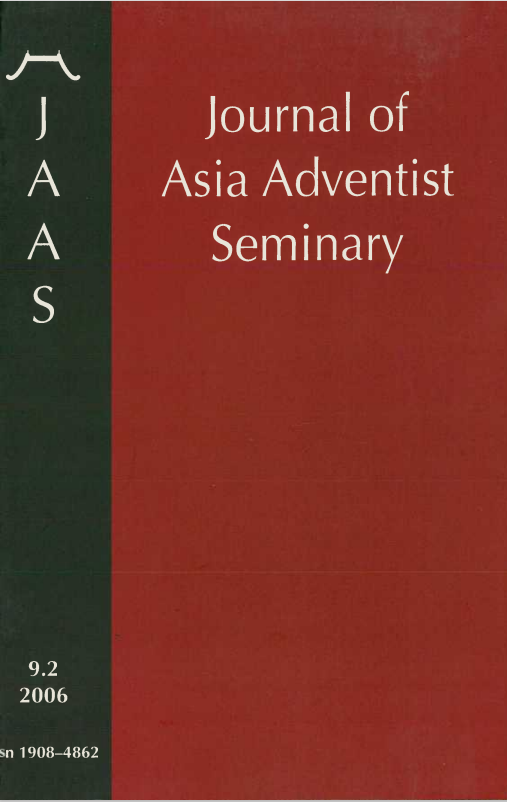Exclusivism Versus Inclusivism: Citizenship in the Pentateuch and its Metaphorical Usage in Ephesians
Abstract
The citizenship motif in the Pentateuch is developed through a constellation of narrative and legal contexts which demarcate the boundaries of an emerging nation based on YHWH's election. A tension between an exclusive and inclusive approach to this concept appears to be necessary in order to establish a national identity while at the same time fulfilling Israel's missiological objectives. Paul reuses the motif metaphorically in Ephesians and applies it in an ecclesiological context. Both the Pentateuch and Ephesians can be taken as the beginning and end-point of a long journey undertaken by the motif throughout the Old and New Testaments. After introducing the topic and its relevant terminology, the paper addresses the issue by looking at the end of this journey, i.e., the metaphorical usage of the citizenship motif in Ephesians and only then returns to its narrative and legal origins in the Pentateuch in order to verify which conceptual stock Paul built his ecclesiology upon. The study concludes with a contextualization of this ecclesiological motif.
Key Words: citizenship, alien, exclusivism, inclusivism, Pentateuch, Paul, Ephesians, metaphor, intertextuality, reconciliation

